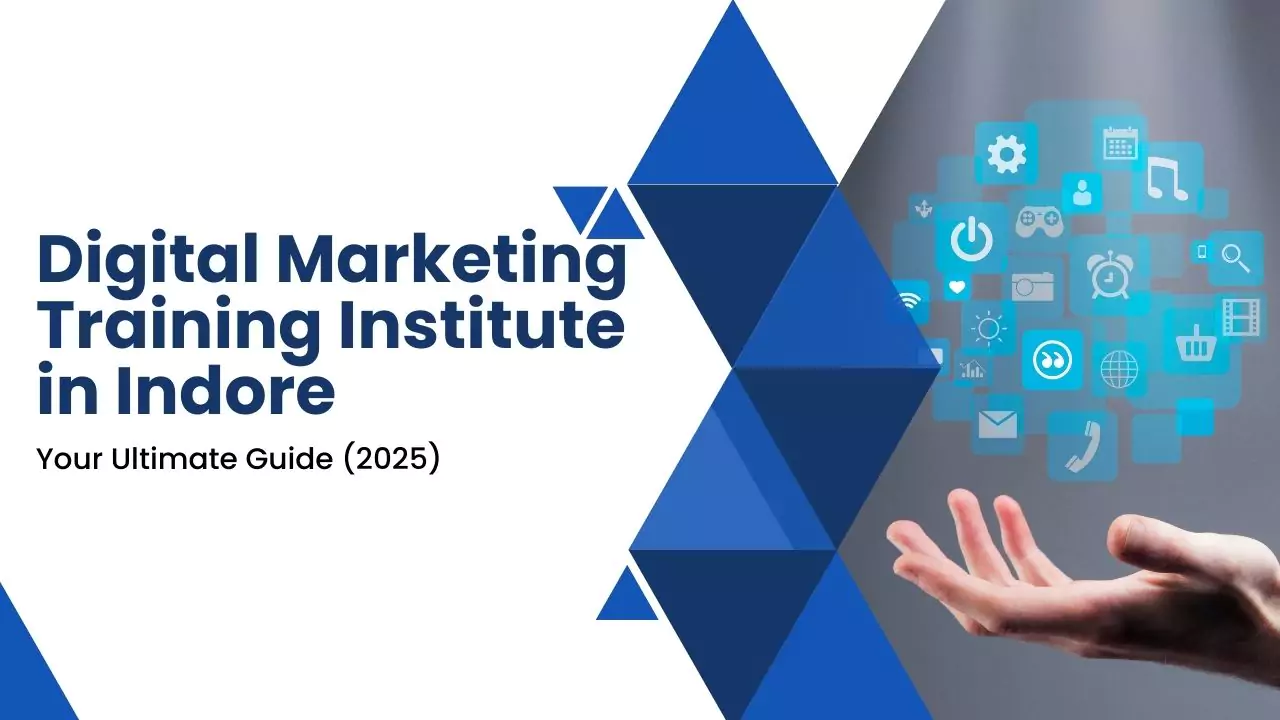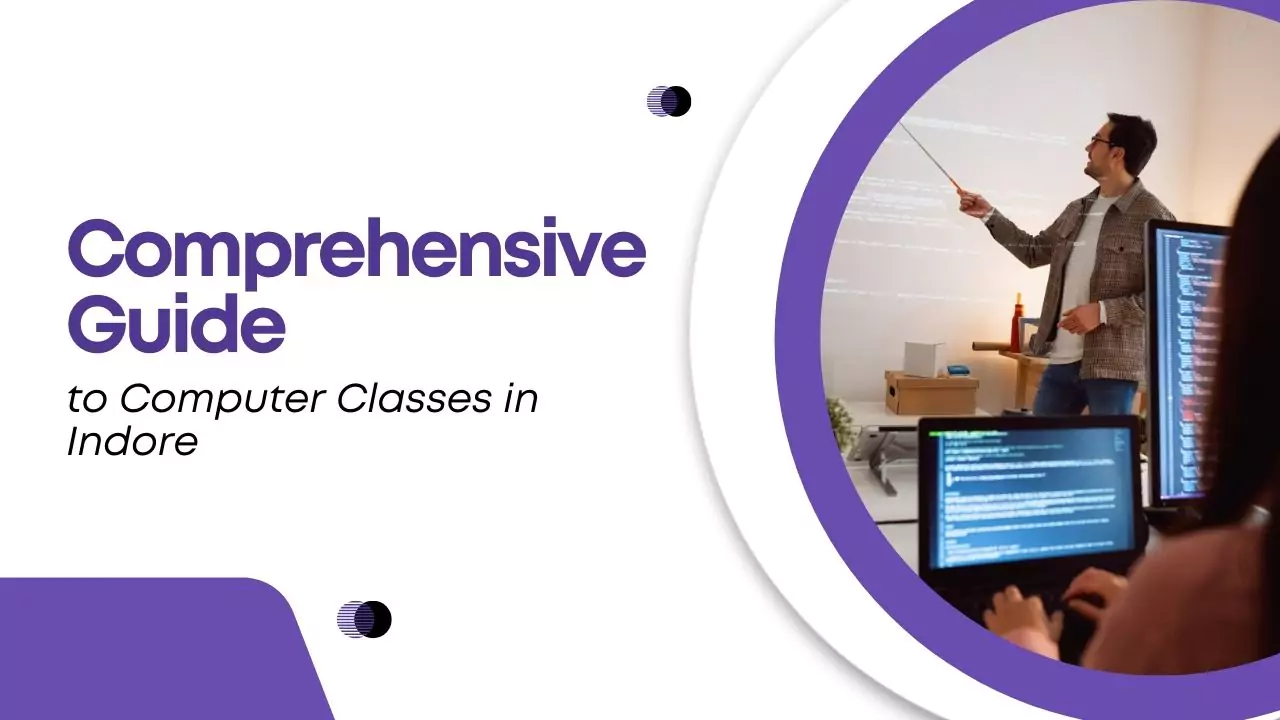In the ever-evolving world of software development, becoming a full stack Java developer is a rewarding path. The key to success in this field is mastering a blend of front-end and back-end technologies, frameworks, tools, and best practices. In this comprehensive roadmap, we’ll cover everything you need to become a full stack Java developer in 2024, from core Java skills to cloud deployment. This guide will help you build dynamic, scalable, and practical applications, making you a valuable asset to any development team.
1. Java Fundamentals and OOP Concepts
Mastering Java Basics and Object-Oriented Programming (OOP):
Start your journey by mastering the fundamentals of Java. This includes understanding syntax, data types, variables, control flow, arrays, and input/output operations. Java’s Object-Oriented Programming (OOP) concepts—encapsulation, inheritance, polymorphism, and abstraction—are crucial for organizing and reusing code effectively.
- Encapsulation ensures data security by grouping related properties and behaviors.
- Inheritance helps create hierarchical relationships between classes.
- Polymorphism allows objects to take on multiple forms, adding flexibility.
- Abstraction simplifies complex realities by defining classes with common behaviors.

2. Front-End Technologies
Front-End Skills for Full Stack Java Developers:
A full stack developer must have a solid understanding of front-end technologies to create interactive user interfaces. Key skills include:
- HTML: For structuring web pages.
- CSS: For styling and enhancing the visual appeal of the website.
- JavaScript: For adding interactivity and logic to web pages.
Consider learning JavaScript frameworks like Angular, React, and Vue.js to streamline your front-end development process and build dynamic web applications.
3. Backend Development with Java
Backend Development – Core Java and Frameworks:
In the backend, Core Java is your foundation for implementing application logic. However, mastering Java frameworks is essential for efficient development:
- Spring Boot: A framework for building REST APIs and microservices.
- Spring Security: To implement authentication and authorization in your application.
- Hibernate: An ORM (Object-Relational Mapping) tool that simplifies database interactions, enabling you to create a database-independent persistence layer.
Understanding how to build and secure REST APIs using these frameworks is crucial for any full stack Java developer.
4. Building and Consuming APIs
Building RESTful APIs with Java:
APIs are the backbone of web services and enable seamless communication between different software systems. As a full stack Java developer, learning how to build RESTful APIs using Spring Boot will allow you to create scalable and efficient applications. Familiarity with web services like SOAP and JSON is also valuable in modern development.

5. Database Management
Databases and Data Management for Java Developers:
Managing data efficiently is a vital skill for full stack developers. You should be familiar with:
- Relational Databases: MySQL, PostgreSQL, MS-SQL Server.
- NoSQL Databases: MongoDB, Redis, Cassandra.
Understanding database connectivity, CRUD operations, and implementing best practices in data management is key to building reliable back-end systems.
6. Version Control and Collaboration
Mastering Version Control with Git and GitHub:
Version control is an essential skill for managing your codebase and collaborating with other developers. Learn to use Git for branching, pull requests, merging, and commit history. Platforms like GitHub offer a collaborative environment to manage projects, contribute to open-source projects, and showcase your portfolio.
7. Web Security Best Practices
Implementing Web Security for Your Java Applications:
Securing web applications is a critical aspect of development. Implement JWT (JSON Web Tokens) for secure data transfer, use OAuth for user authorization, and follow API security best practices to protect sensitive data. By building a strong understanding of web security, you’ll ensure that your applications are robust and reliable.
8. Build Tools and Continuous Integration/Continuous Deployment (CI/CD)
Essential Build Tools and CI/CD for Java Full Stack Development:
Automating the build and deployment process is crucial for efficient development. Learn to use build tools like:
- Maven and Gradle for dependency management.
- Docker for containerizing applications.
- Jenkins for CI/CD to automate testing, integration, and deployment.
By mastering these tools, you can streamline development and ensure code quality.

9. Cloud Computing and Deployment
Deploying Java Applications on the Cloud:
Understanding cloud platforms is vital for scalable application deployment. Familiarize yourself with:
- AWS, Google Cloud, Azure for hosting applications and managing resources.
- Cloud services like compute, storage, and databases to build scalable, cost-effective applications.
Deploying applications on the cloud enables you to elastically adjust resources based on demand and reduces operational costs.
10. Soft Skills Development
Why Soft Skills Matter for Full Stack Developers:
In addition to technical prowess, full stack developers need excellent soft skills, such as:
- Communication for effective client interaction.
- Teamwork for collaborating with other developers.
- Adaptability to handle changing requirements and solve problems efficiently.
These skills can be the differentiators that set you apart in the industry.
11. Hands-on Projects and Practical Application
Building Real-World Projects to Master Full Stack Java Development:
Practical application is where you bring all your learning together. Start working on projects that challenge your skills. Follow these steps:
- Choose a project that excites you and matches your skill level.
- Design a scalable front-end and back-end architecture.
- Implement your project using best practices.
- Test rigorously and deploy your application.
- Gather feedback from peers, mentors, and potential users to refine and improve your work.
12. Learning Resources and Future Trends
Staying Updated: Resources and Future Trends in Java Development:
- Online Courses: Platforms like Coursera, Udemy, and EdX.
- Books: “Head First Java,” “Effective Java.”
- Tutorials: Websites like W3Schools, JavaGuides, and Tutorialspoint.
- Communities: Join communities like Stack Overflow, r/java on Reddit for discussions and troubleshooting.
Future Trends: Stay updated with the latest trends in cloud computing, microservices, and containerization technologies like Docker to remain competitive in the field.

Conclusion
A full stack Java developer must constantly learn and adapt to new tools and technologies. By following this roadmap, you will build a solid foundation in Java, front-end, back-end, and deployment skills. Start your journey today and keep exploring, practicing, and improving.
Ready to start your journey as a full stack Java developer? Join our comprehensive courses at Futuristic Coding Academy to gain hands-on experience and master the skills you need to succeed.
People Also Ask
1. What is the roadmap to becoming a full stack Java developer?
To become a full stack Java developer, you should start with mastering Java fundamentals and OOP concepts. Then, learn front-end technologies like HTML, CSS, and JavaScript. Next, focus on back-end frameworks such as Spring Boot, database management (MySQL, MongoDB), version control (Git), web security, and cloud deployment. Practice by building real-world projects and stay updated with industry trends.
2. How long does it take to become a full stack Java developer?
The time required depends on your prior experience and learning pace. For beginners, it typically takes 6-12 months of consistent learning and practice to become proficient in full stack Java development. Enrolling in structured courses and hands-on projects can accelerate the process.
3. Which skills are essential for a full stack Java developer?
A full stack Java developer should have a solid understanding of Java, OOP concepts, front-end technologies (HTML, CSS, JavaScript), Java frameworks (Spring Boot, Hibernate), database management (SQL, NoSQL), version control (Git), web security practices, and cloud computing for deployment.
4. What tools do full stack Java developers use?
Full stack Java developers commonly use tools like Git for version control, Maven or Gradle for building projects, Spring Boot for backend development, Docker for containerization, Jenkins for CI/CD, and cloud platforms (AWS, Google Cloud, Azure) for deployment.
5. Is it necessary to learn cloud computing as a full stack Java developer?
Yes, learning cloud computing is crucial for a full stack Java developer. Cloud platforms like AWS, Google Cloud, and Azure enable you to deploy scalable applications, manage resources, and reduce infrastructure costs. Understanding cloud services helps you build modern, flexible applications that meet industry standards.






